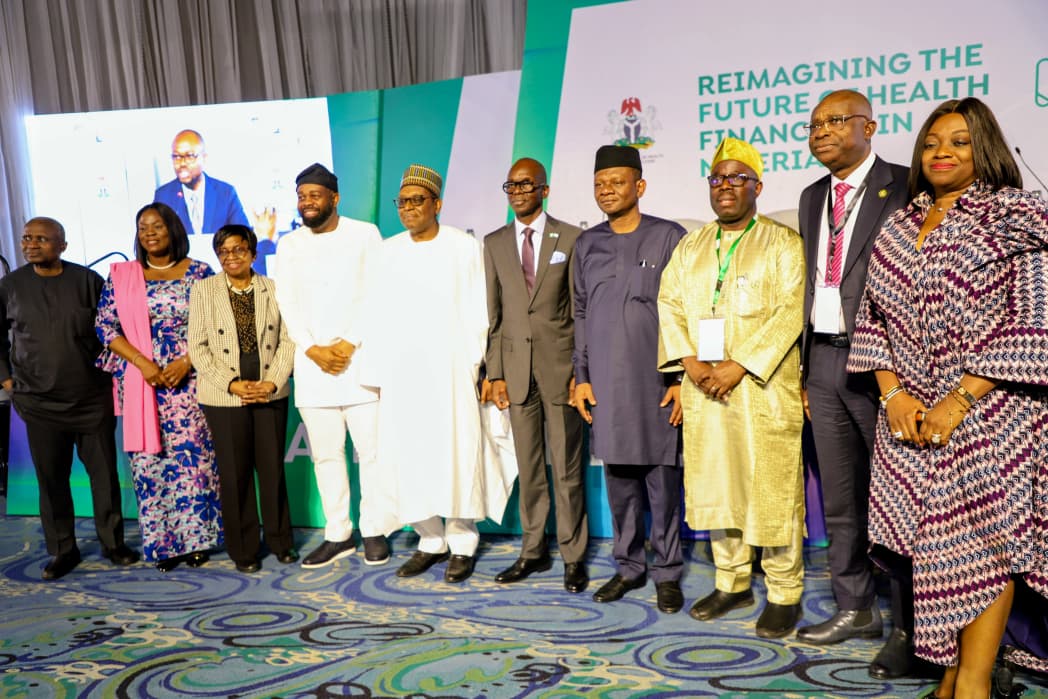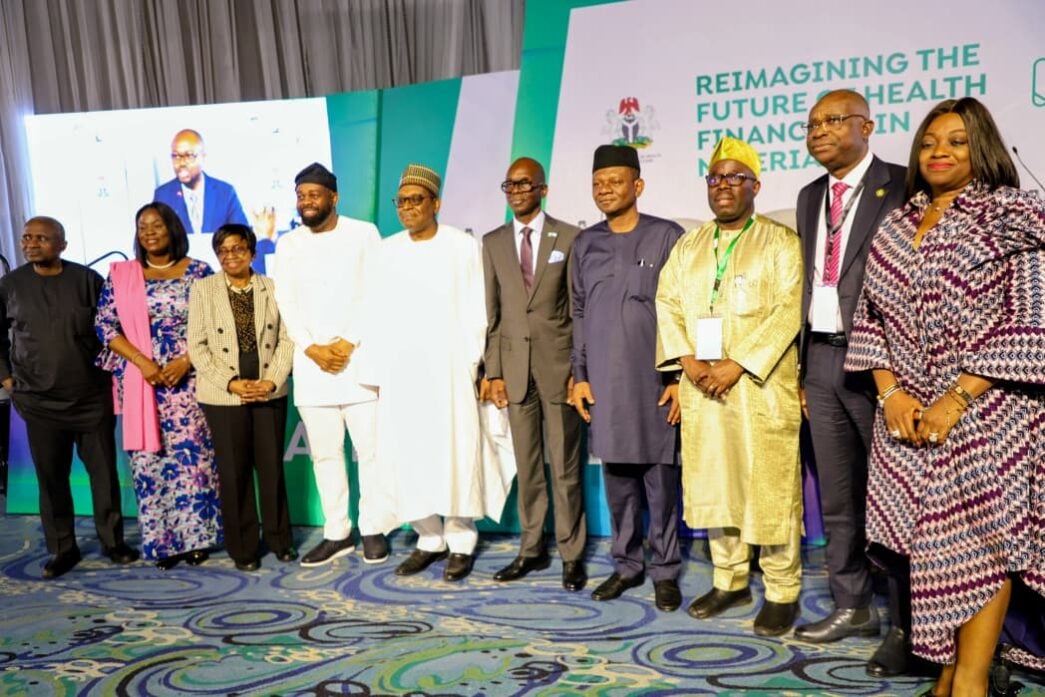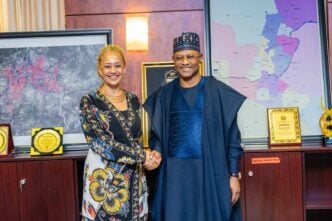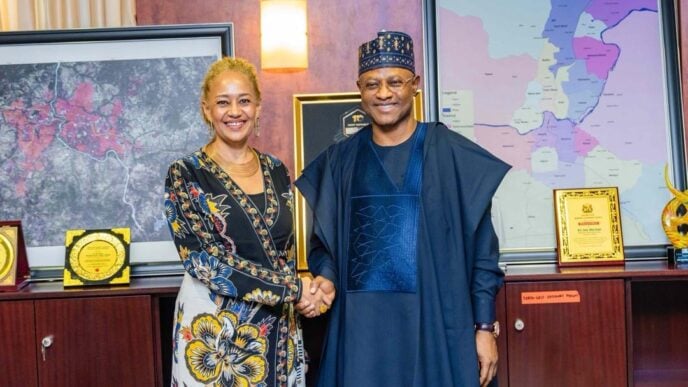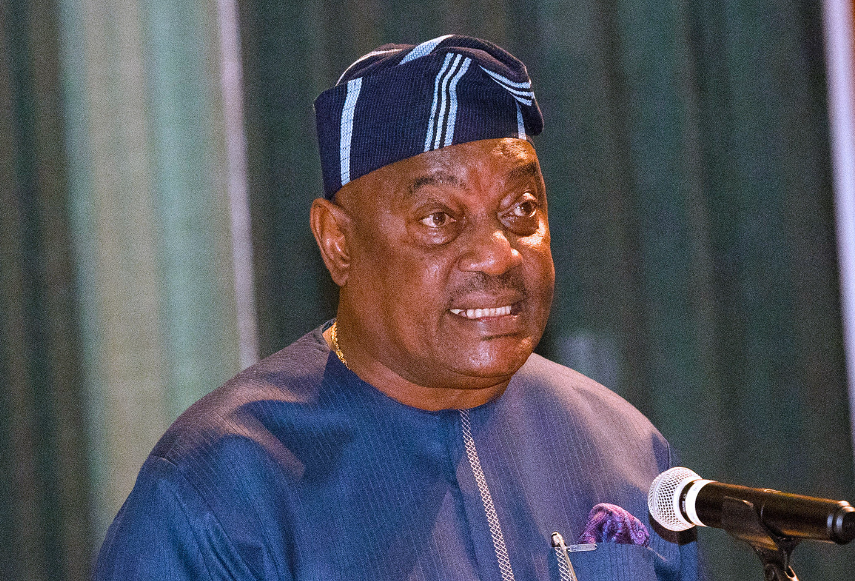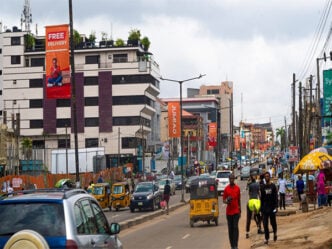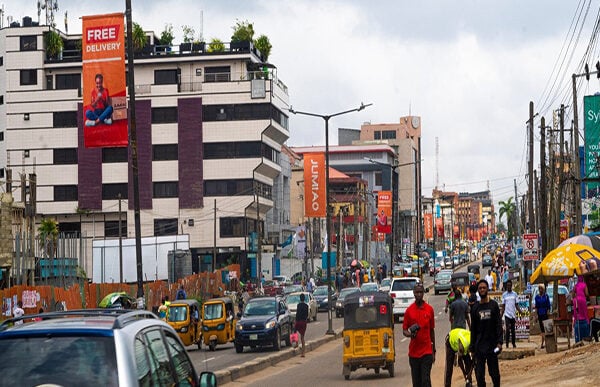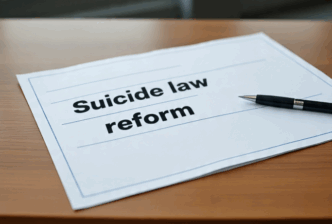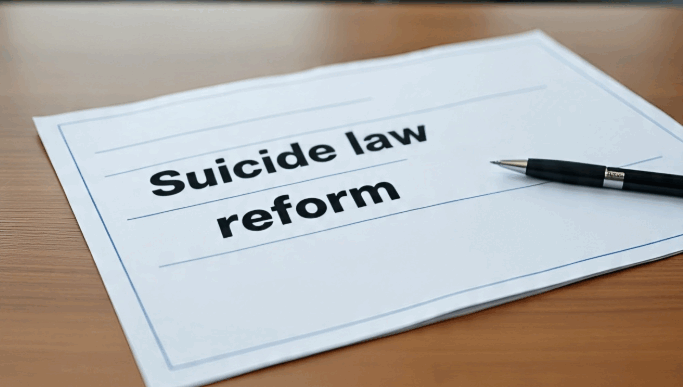BY PETER T UDO-AKPAN
From September 1–4, 2025, Abuja hosted a high‑level National Health Financing Policy Dialogue convened by the Federal Ministry of Health and Social Welfare to move from rhetoric to coordinated strategy and co‑creation for tangible results. The meeting confronted a convergence of pressures—out‑of‑pocket (OOP) spending above 70%, constrained fiscal space, and declining official development assistance (ODA); while reframing health as an engine of inclusive growth. It produced practical, sometimes bold ideas that Nigeria must move to implement quickly.
Nigeria’s health insurance system is more robust – higher enrolment, stronger anchors and incentives – but challenges remain
Speakers pointed to real progress in insurance expansion and institutional reform. The NHIA and government statements set ambitious targets (e.g., a government target to enrol 44 million Nigerians by 2030) and official counts put health insurance coverage at around 20 million people, a meaningful increase on recent baselines.
Advertisement
Risk protection for vulnerable groups has expanded within insurance programmes. This is significant because with extreme poverty estimated at a conservative 60%, prioritizing vulnerable groups is both a humanitarian and strategic imperative. Capitation and fee‑for‑service payments have been significantly increased, creating stronger incentives for providers to deliver quality services. NHIA’s focus on stronger enforcement of its complaints mechanism and the imposition of a one-hour deadline for facilities to treat patients are also markers of progress.
Building on this momentum, a Presidential directive now mandates full enforcement of the NHIA Act (2022) through five measures: (1) universal employee coverage, (2) procurement compliance, (3) licensing/permits linked to NHIA certification, (4) a digital verification platform for real‑time certificate checks, and (5) internal compliance systems across MDAs. The NHIA self‑enrolment platform was also unveiled to make joining easier.
Nigeria spends too little on health and donor funds are drying up fast
Advertisement
Nigeria, like many other African countries, has not met the Abuja Declaration commitment to devote 15% of government expenditure to health and spends less than 5% of GDP on health, while coverage remains low. Public health spending also accounts for less than 5% of the national budget and remains below West African averages on a per‑capita basis.
ODA is declining, and donor funding has taken a major hit. In the wake of US policy reversals, notable freezes and reductions in assistance have affected humanitarian and disease control programmes. Recent Nigeria parliamentary and executive actions to top up shortfalls underscore the severity of the squeeze.
Nigeria urgently needs to both expand revenue sources and get more value from what it already spends
Households currently shoulder roughly 70–76% of total health spending, exposing families to catastrophic costs and restricting access for the poor. Reform must therefore twin sustainable domestic resource mobilisation with much stronger value‑for‑money, transparency, and prioritisation so every naira buys better health. Closing the know‑do gap by ensuring evidence informs budgets, policies and programmes is essential.
Advertisement
Proof point: The Basic Healthcare Provision Fund (BHCPF) has disbursed over ₦194 billion to more than 8,300 facilities, expanding insurance to 2.6 million Nigerians – evidence that predictable, front‑line financing can scale coverage when aligned and executed well.
In‑country funding—public and private—must be innovatively identified and exploited
Traditional reliance on general revenue and sporadic grants is no longer viable. Practical domestic instruments that can be scaled include earmarked excises (e.g., tobacco, alcohol, and potentially telecom levies), compulsory statutory contributions via strengthened mandatory enrolment, leveraging sovereign wealth and pension vehicles for health investment, tax incentives for philanthropy, and structured public-private partnerships (PPPs) to crowd in capital for primary care infrastructure. These are not theoretical — working groups proposed legal, fiscal and regulatory changes to make them bankable.
With nearly 70% of services delivered by private providers, unlocking private capital and expertise under public stewardship is pivotal. The Presidential Initiative for Unlocking the Healthcare Value Chain (PVAC) and the NSIA’s investments—from cancer centres to advanced diagnostics and pharmaceutical manufacturing—are already reducing Nigeria’s $1–2 billion medical tourism bill and strengthening health sovereignty.
Advertisement
The Dialogue produced several implementable, innovative proposals – now they must be fast‑tracked
- Enforce the Presidential directive to operationalise the NHIA Act via five measures (employee coverage; procurement compliance; permit/licensing linkage; digital verification; MDA internal compliance systems)
- Accelerate NHIA Act implementation to make risk pooling compulsory and harmonise state schemes; close informal‑sector gaps and leverage the self‑enrolment platform.
- Ring‑fence selected excises (tobacco, alcohol; consider telecom levies) into a health solidarity fund.
- Develop a health/social bond issuance framework to finance capital projects and vaccine procurement.
- Introduce fiscal incentives (tax credits/deductions) to mobilise private philanthropy and employer contributions.
- Reform procurement and accountability systems so increased resources translate into services, raising PHC per‑capita spend from about $7 toward the $30 benchmark. Several ministers and fiscal policy leaders at the Dialogue signalled willingness to take these from proposal to policy.
- Scale PVAC/NSIA‑style PPPs to crowd in private capital for PHC infrastructure and local manufacturing.
Next steps: Why speed and seriousness matter
Advertisement
Proposals will fail if implemented piecemeal, without transparency, or without strong measures that protect the poor. The donor contractions of 2024–25 constitute a structural shock, making swift domestic action essential. In concrete terms, faster implementation of NHIA reforms, immediate passage and operationalisation of earmarked revenue lines, and clear PPP frameworks would blunt the short-term crisis and set Nigeria on a sustainable path to UHC.
Advertisement
*Udo-Akpan is a policy analyst based in Abuja
Advertisement
Views expressed by contributors are strictly personal and not of TheCable.
